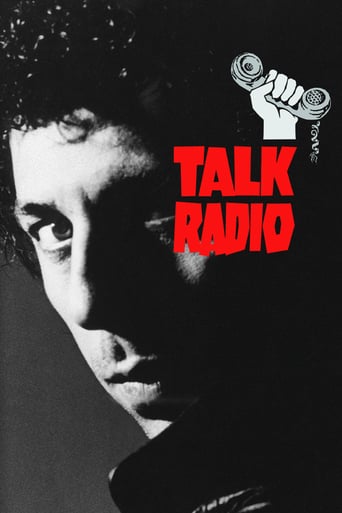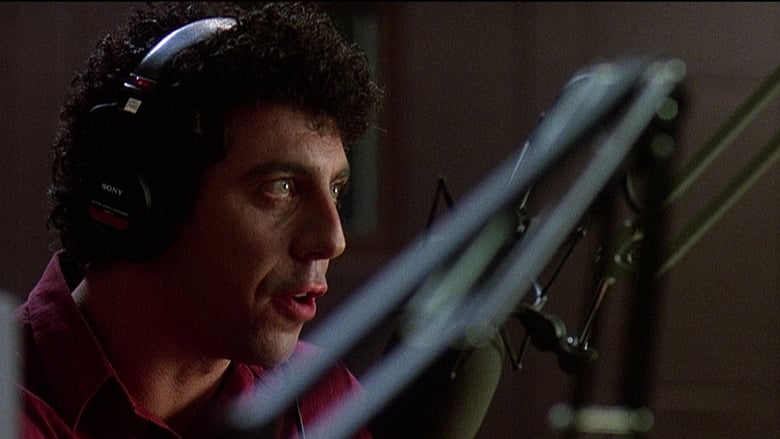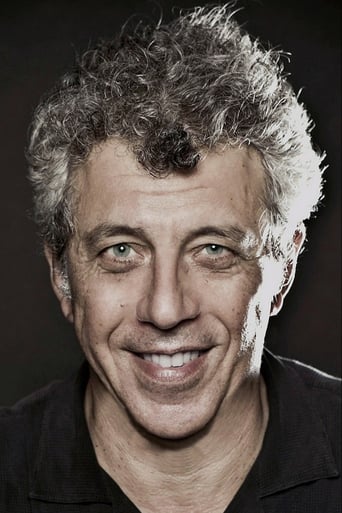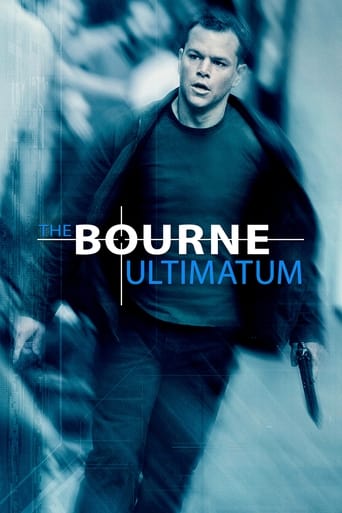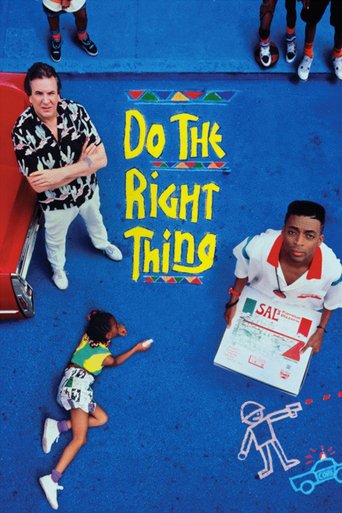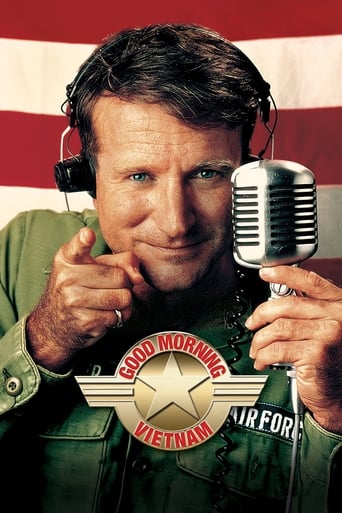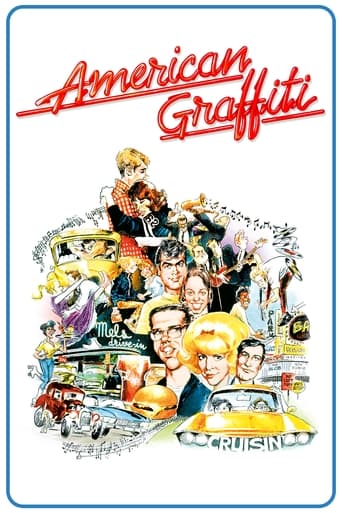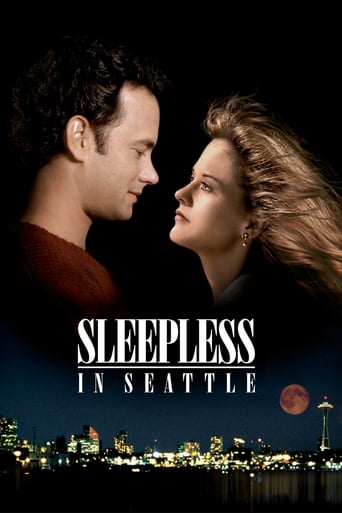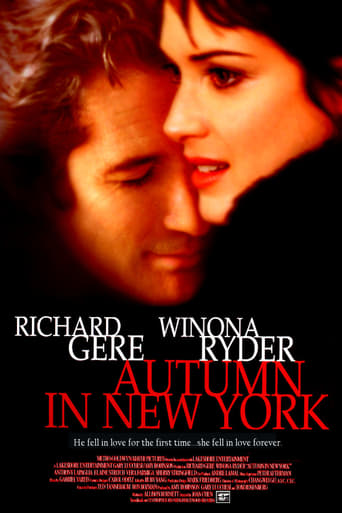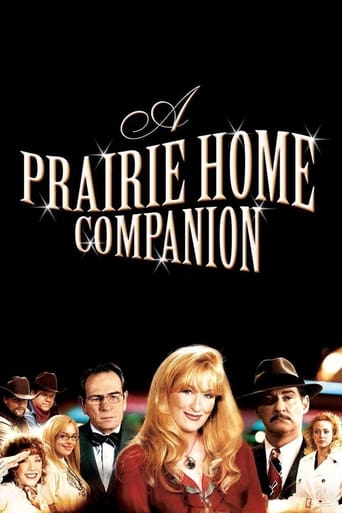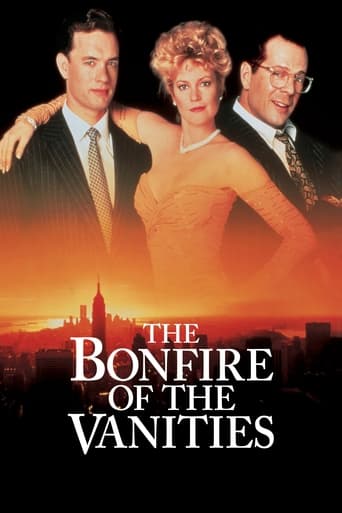Talk Radio (1988)
A rude, contemptuous talk show host becomes overwhelmed by the hatred that surrounds his program just before it goes national.
Watch Trailer
Cast
Similar titles
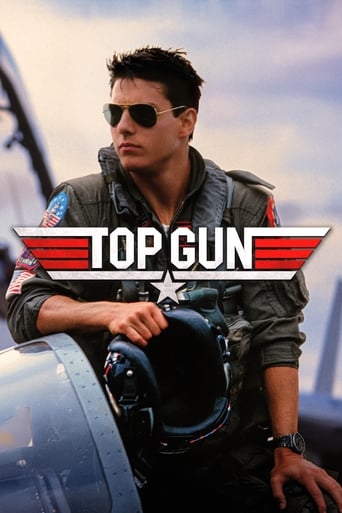
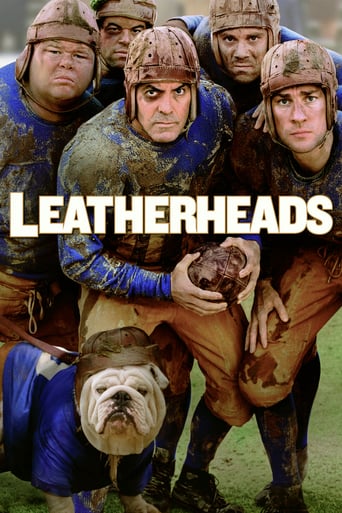
Reviews
Good movie but grossly overrated
Good , But It Is Overrated By Some
Captivating movie !
It's simply great fun, a winsome film and an occasionally over-the-top luxury fantasy that never flags.
Pretty good drama from director Oliver Stone when he was still on top of his game. Great performances and dialogue. This is about a very successful talk show radio host that pushes the envelope on the controversial issues of the day. He is very witty, obnoxious and fast talking. This is a great vehicle for Eric Bogosian to show his talents and range and he is excellent here. Our shock jockey loves to be hated and draws the ire of a local white supremacist. This has an early appearance of Alec Baldwin and features frequent Oliver Stone collaborator John C McGinley. The film is a pretty good look at American society and brings social commentary with a cynical sense of humor. It is strange that I have not seen this film until more recently and is definitely an under rated movie for sure. Talk Radio is a cool film in my book, smart, funny and well performed.
(Favourite movie quote) - "I'm here to lead you by the hand through the dark forest of your own hatred and anger and humiliation." 1988's Talk Radio was adapted for the screen from the successful Broadway play, which was co-written by Eric Bogosian. Bogosian, who stars in this film, had also collaborated with director Oliver Stone on the screenplay.Talk Radio's story was inspired by the "real-life" murder of Radio Host, Alan Berg. Bogosian plays the Berg-like character, Barry Champlain, a Jewish radio personality from Dallas, Texas.Champlain's caustic humour and genuine knack for cutting people down with his controversial views understandably garnered him a substantial amount of incredibly hostile callers and an equal amount of threatening hate-mail.Of course, when it comes to one's enjoyment of Talk Radio, as a movie, it all pretty much depends on one's tolerance for this sort of Talk Radio Host.Personally, I think that Oliver Stone did a really fine job of directing this film.
Oliver Stone is known for making somewhat controversial films that oftentimes shape history to his liking. This film is completely different than the normal Stone. It's a character piece studying the madness that a radio talk show host is thrown into, and 80% of the film takes place in one setting, which makes the film both perfectly uncomfortable and claustrophobic, and allows intimacy with the protagonist. In addition to that, this is shot so well, taking full use of the tiny little set used.Barry Champlain (star and screen/playwriter Eric Bogosian) is a talk radio host out of Dallas that hosts a controversial show offending many of his listeners. Barry has a failed marriage that he would like to rekindle, and even his fans seem to hate him. After being told his local show is going national, Barry has to put on one final local show, and in doing it, gains an insight into his audience.Eric Bogosian first wrote this film as a play, and it was fleshed out to make this movie, and really there could not have been a better actor to play Barry than Eric. In addition to his great voice, he brings the perfect level of arrogance to the role, which contrasts nicely against the moronic callers the voice their lack of opinion on his show. The whole movie has a lack of opinion, and becomes a movie about the lack of opinion in people, Barry's revelation about this is a great scene.The blocking and camera angles in the small radio set are great. Stone and his cinematographer Robert Richardson play with shadowy close-ups, and shots through windows with reflections, and angles that give the film a kind of creepy feel. The intimacy of the set, along with the callers who threaten to kill Barry give a constant feeling that something bad is going to happen. The direction and the writing meld perfectly together to make this fairly straightforward character piece a thriller. You don't really know what's around the bend, but the feeling of dread is strong. Overall, this film is a character study, and at the same time, a minimalist thriller, relying completely on the audience's imagination as to what is going to happen. The dialogue is sharp, the acting is great, and the cinematography is cramped in a good way, showing a certain madness. This is definitely right up there with Stone's very best work!My rating: **** out of ****. 109 mins. Rated R for language.
"It's the last neighborhood in America", says shock-radio host Barry Champlain about his guerrilla war talk show, where every evening after dark he ignites the Dallas airwaves in a one-man assault against ignorance, complacency, mindless bureaucracy, redneck racism, and (most of all) against himself. The life and death of the inflammatory Champlain (loosely suggested by the neo-Nazi murder of Alan Berg) gives Oliver Stone his most challenging film to date, thanks in large part to a strong, stage-based screenplay by Eric Bogosian. The author himself portrays the late-night radio personality, an embittered liberal with a gift for gab, engaged in a masochistic tug-of-war with an invisible audience. His audience hates him but can't stop listening; he hates his audience but can't stop talking; and the more volatile his show becomes the higher his ratings soar.The anger and vitriol he invites from his fans might be good for business, but is it entertainment of public self-flagellation? The answer in Oliver Stone's atypically tense, claustrophobic portrait is a little bit of both, and Champlain's acid personality will either pin audiences to their seats or else drive them from the room. Without his own script to weigh him down the director is free to indulge his trademark camera calisthenics with persuasive skill, creating a lush midnight ambiance filtered through masochistic paranoia. Stone uses the stage-bound studio setting to good advantage, transforming it with his fluid, insinuating camera into a menacing, claustrophobic prison of glass, chrome and neon.But as usual the director wildly overstates his message. Like Champlain, Stone doesn't know when to quit, and the often extraordinary tension built into Bogosian's dialogue is almost spoiled by a long, pointless flashback (shot in standard flashback sepia tones), by redundant moralizing during the climactic on-air monologue, and by a typically overwrought resolution. Otherwise the film is an often spellbinding character study, and a sharply focused snapshot of the public and private paranoia unique to America in the mid-1980s.
